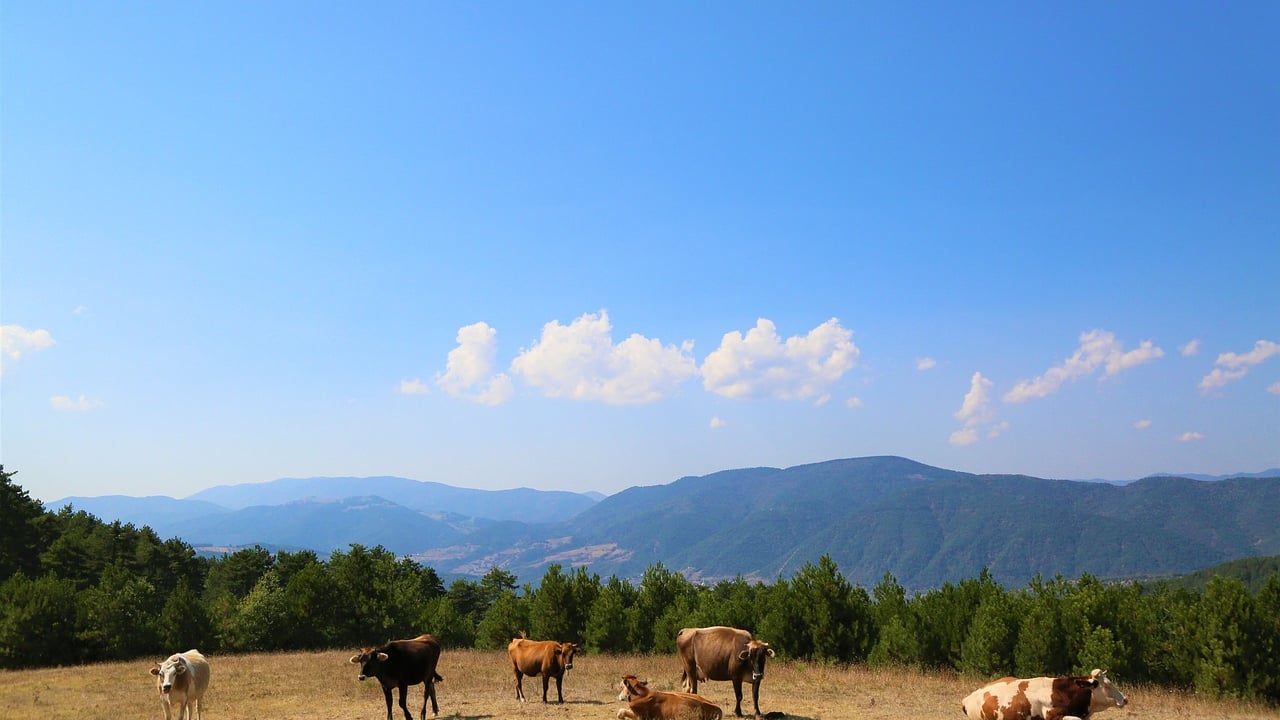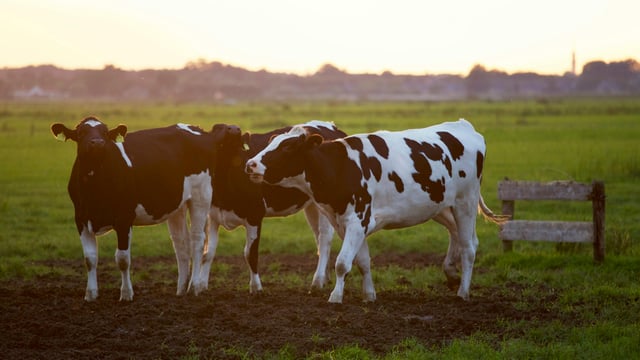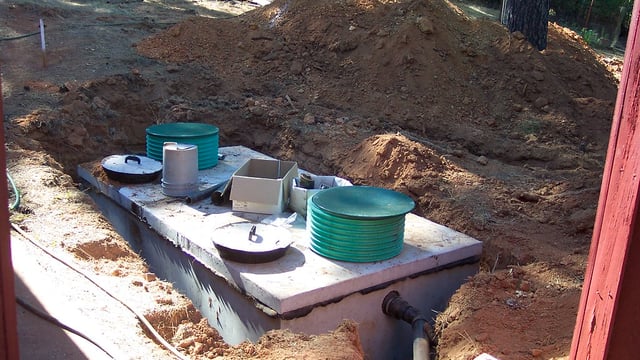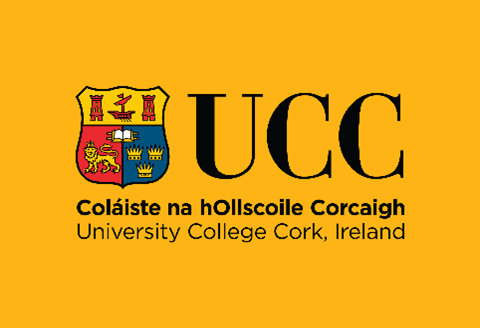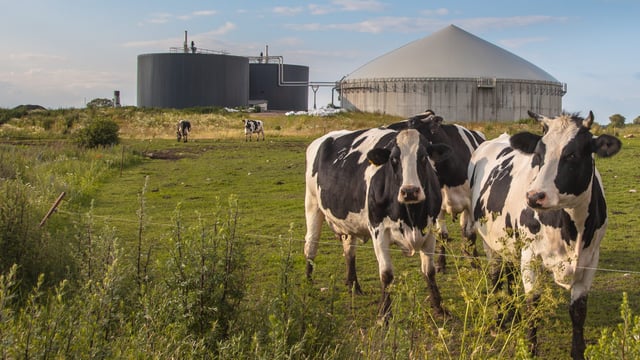Argentina prepares for deforestation-free beef exports to EU
Argentina has introduced a certification system to prepare for European Union (EU) regulations which require beef imports to be guaranteed as being from deforestation-free sources.
From December 30, 2024, Argentinian shipments to EU markets must come from non-deforested livestock establishments, in compliance with the EU Regulation 2023/1115.
The Argentine Beef Promotion Institute (IPCVA) stated it "hopes that this Regulation...will not affect normal trade flows to this market and will not become a barrier to access from its full implementation" on January 1, 2025.
The IPCVA gave a presentation at the residence of the Argentine Embassy to the EU in Brussels on Monday, June 3 where the VISEC (Sectoral Vision Gran Chaco) platform was introduced.
Regarding cattle, Argentina successfully conducted the first pilot test of the system with a shipment of beef exported to Germany on May 15, 2024; in addition to pilot tests with soy, another Argentinean export product that must comply with the new legislation.
Certified 'deforestation-free' Argentine beef that arrived in Europe during the pilot test conducted on was tasted at the event in Brussels, according to the IPCVA.
The IPCVA stated: "Argentina is one of the first beef exporting countries to carry out a risk analysis and ensure traceability and certification of one of its main export products."
The VISEC system, according to the IPCVA, "ensures traceability from the origin of bovine livestock, including breeding and fattening stages, through the entire commercialisation process, up to processing and export to the EU.
"This guarantees that the sources are deforestation-free and comply with relevant local and international laws.
"Certificates are issued to confirm the sustainable origin of the meat and leather, using georeferenced technology for greater accuracy and reliability," the IPCVA added.
For each shipment of beef to the EU, a deforestation-free product certificate (CLD) will be issued as evidence that the biomass meets the requirements established in European regulations, supported by a rigorous documentation and validation system using Blockchain technology.
Jorge Grimberg, president of the IPCVA, stated that "through the new VISEC Meat system and its natural production characteristics, Argentina consolidates itself as one of the leading countries in sustainable production."
Meanwhile, Mario Ravetino, vice president of the IPCVA, said that "compliance with this EU regulation is essential to maintain and develop the market that demands higher-value premium cuts".
According to Greenpeace, clearing and deforestation are "aggressively advancing" on the native forests of northern Argentina, according to a recent report from Greenpeace Argentina based on satellite monitoring imagery.
During 2023, Greenpeace showed that 126,149ha of native forests were lost in the north of the country, 6.2% more than in 2022.
It added that in the 100% of the clearings in Chaco and 80% of the clearings in Santiago del Estero were illegal, both of which are regions in the north of the country.
Greenpeace stated: "The main cause of the loss of native forests in Argentina is the growth of the agricultural industry, mainly for intensive livestock farming and genetically modified soybeans, which are mostly exported to Asia and Europe".

